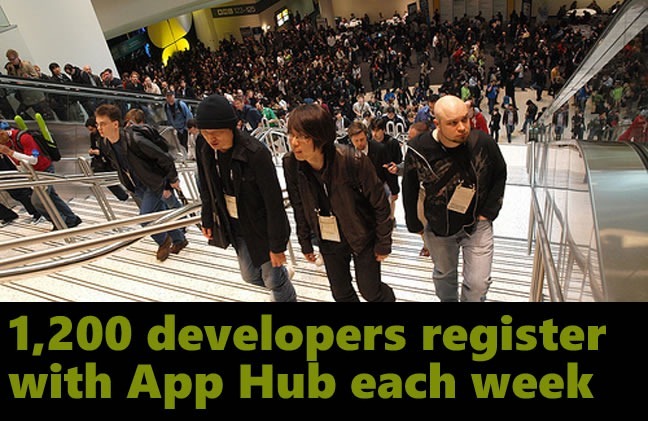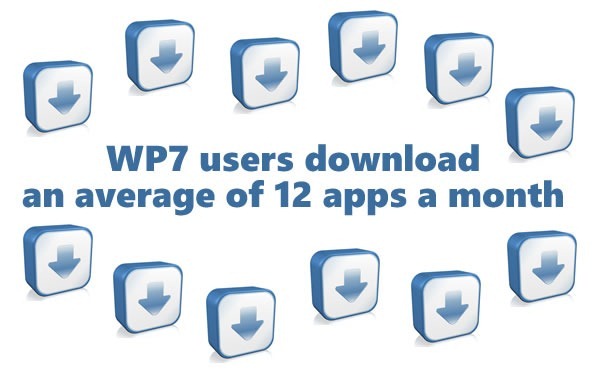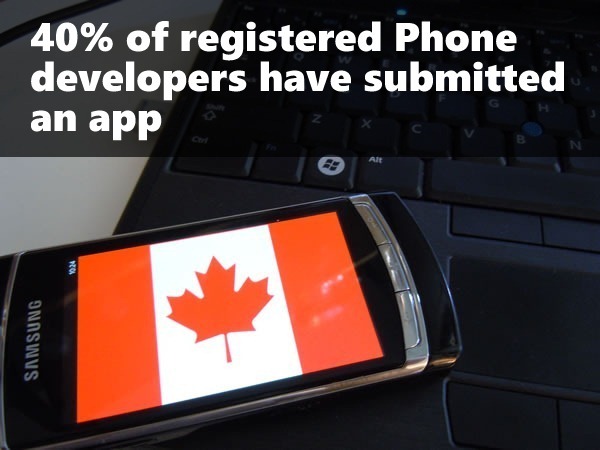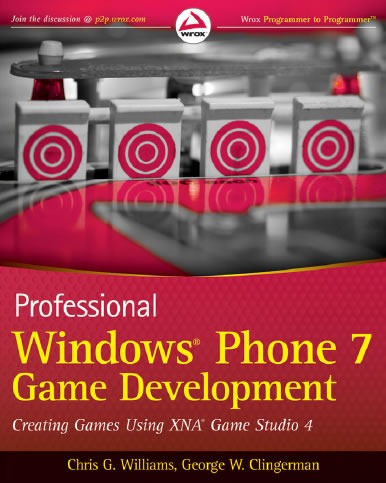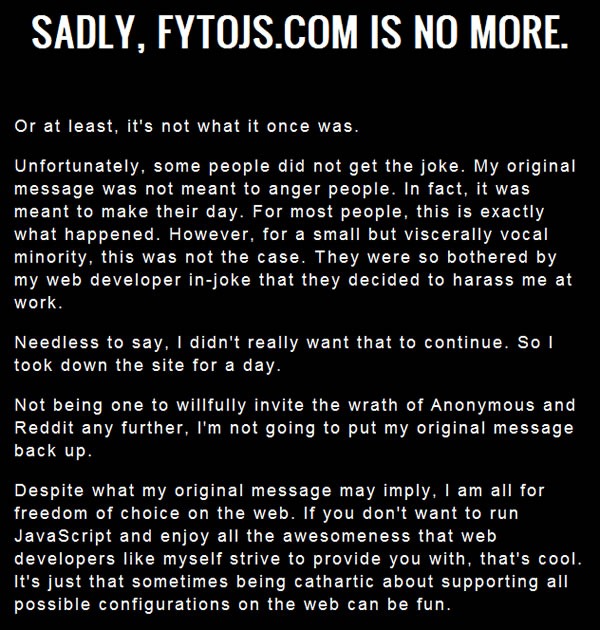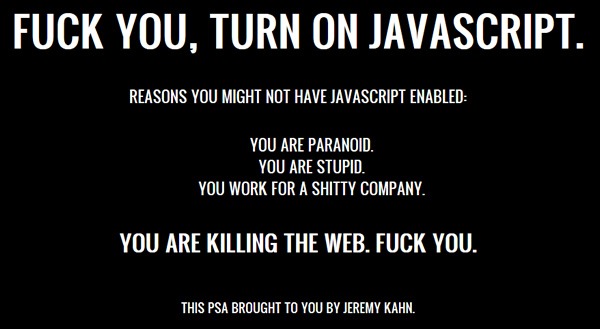
Five years ago, an ambitious project called ICT Toronto was unveiled at the MaRS Centre with great fanfare to local press, policy wonks and businesspeople. ICT Toronto’s vision, which I’ve taken directly from the hundred-page document that they proudly handed out at the launch, was:

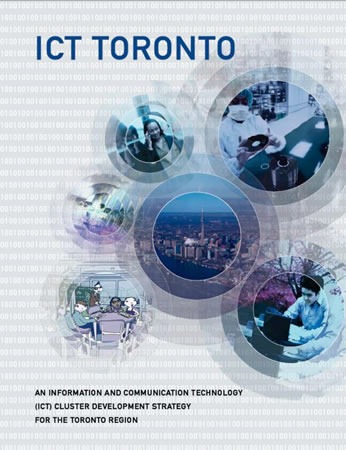 There were speeches, starting with well-meaning-but-poor-executing then-mayor David Miller (who bears a physical and psychological resemblance to Mayor Adam West from Family Guy), followed by a string of policy wonks who had never deployed a working piece of technology or tech training, either software or hardware. There were photo ops, business card exchanges, hors d’oeuvres and inexpensive champagne. What was in notably short supply were actual techies. As I wrote back in 2006:
There were speeches, starting with well-meaning-but-poor-executing then-mayor David Miller (who bears a physical and psychological resemblance to Mayor Adam West from Family Guy), followed by a string of policy wonks who had never deployed a working piece of technology or tech training, either software or hardware. There were photo ops, business card exchanges, hors d’oeuvres and inexpensive champagne. What was in notably short supply were actual techies. As I wrote back in 2006:
It was easy to spot the DemoCamp gang — me, David, Jay, Sutha, Bryce, Mark — among the attendees, who numbered around 100. We were the only people there not in suits. It certainly looked as though we were there only people there who wrote code for a living. We made sure to mingle and found that most of the attendees seemed to be from the management side of various information and communications tech firms or from organizations that invested in them.
One worrisome thing about ICT Toronto was that in all the speeches given at their launch party, all they did was talk about inviting large international companies to set up in Toronto, and to invite American companies to open “nearshoring” operations here. I remember quipping that they should put up giant posters saying “Toronto: The Bangalore Next Door!” Nowhere was there any mention of boosting home-grown talent, innovations and startups; it was all about Toronto the Branch Office.
In April 2006, they launched with a single-page site, whose text was embedded into a single graphic, guaranteeing that it wouldn’t be properly indexed by search engines. Here’s a screenshot:
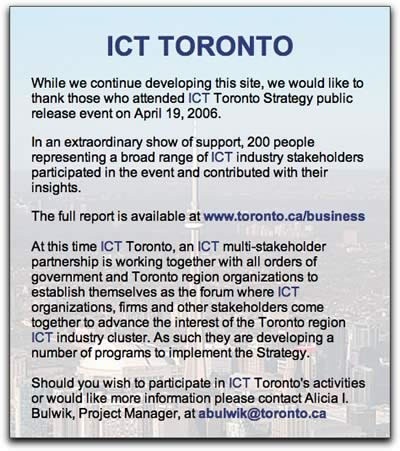
Don’t bother visiting the site. It’s gone.
In September of that year, I wrote in an article titled ICT Toronto: I Know What You DIDN’T Do This Summer:
It’s almost five months later, and it appears that not much has happened. I haven’t seen a press release since the one for their launch party, and a Google News search for “ICT Toronto” ends up without any results.
…
In the meantime, Toronto’s techies, without any of the money or manpower earmarked for ICT Toronto have held 4 DemoCamps and a BarCamp, events which have gone a long way to fostering a sense of community and cooperation in the local tech scene. And of course, actually building information and communication technologies, something the suits seem to have completely overlooked.
This is hardly surprising. Silicon Valley was born of good circumstances coupled with the grassroots efforts of ambitious techies doing what they loved, not by government/business fiat. I’d call ICT Toronto a bunch of pointless martini-swilling stuffed shirts, but that’s an insult to martinis and dress shirts, both of which I happen to like.
ICT Toronto’s going to have to do better than produce a glossy report and a party with decent hors d’oeuvres. I hope I’m wrong, but I seriously doubt that they’re up to the task.
After getting smacked about in the blogosphere by me and other local techies, the folks at ICT Toronto reached out and invited us to a few breakfast meetings to discuss how they could better engage the tech community. Mark Kuznicki, probably this city’s best bridge between the local tech scene and government at all levels, reminded us that it was a government initiative run by “grey-haired folks” and unlike we Gen-Xers and Millenials who live in the “Web 2.0″ world, they don’t move in web time. That was fair, and in response, I wrote that they don’t have to move in web time; they just had to move. I held out hope that they’d get off their asses, but kept them on notice:
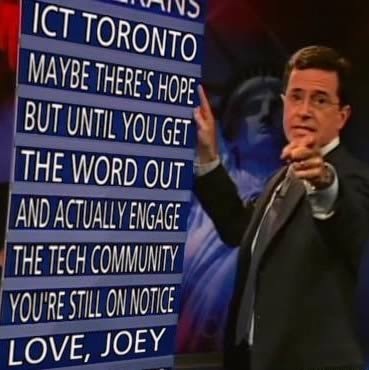
After a staff reshuffling, ICT Toronto’s outreach vanished, as did any sign that they were doing anything. The last time I bothered even mentioning them was back in February 2008, when I compared the way they saw the local tech scene to the way grandma sees the TV remote:

Quite fittingly, today is April Fool’s Day, 2011 – about three weeks shy of the five-year deadline set by ICT Toronto. The single-page placeholder site they set up five years ago has vanished without ever having been updated, anyone associated with the project has long since been reassigned, and I’ll bet that the subject of ICT Toronto hasn’t been brought up at any of the local tech gatherings in a good long while.
I don’t know where Toronto stands in the ranking of ICT cities today, but if it has any presence at all as a place to do high-tech work, it has nothing at all to do with ICT Toronto. The credit goes not to our policy makers, but to our techies. We’ve got a vibrant scene here, with techies doing what they do, whether they’re in small development and design shops or working at one of the multinationals (in the period since ICT Toronto got started, I’ve done both). We have events of all sizes, from regular meetups and user group meetings at pubs and lecture halls to independent conferences like Mesh, RubyFringe and FutureRuby to tech “camp” events to big corporate gatherings put on by the likes of the Canadian subsidiaries of IBM and Microsoft. We’ve got hackerspaces and the MaRS Centre. In my work as a developer evangelist for Microsoft, I’ve met many students at Toronto’s fine universities and colleges, and they’re eager to crank out the ‘wares, both hard and soft, and they’re bright as all get-out. We have a great community bound together by cooperation, a strong social media scene and good old-fashioned face-to-face meetings. We get stuff done, and the stuff we do travels far and wide.
We are the real ICT Toronto, not those municipal painted popinjays.
This article also appears in The Adventures of Accordion Guy in the 21st Century.




